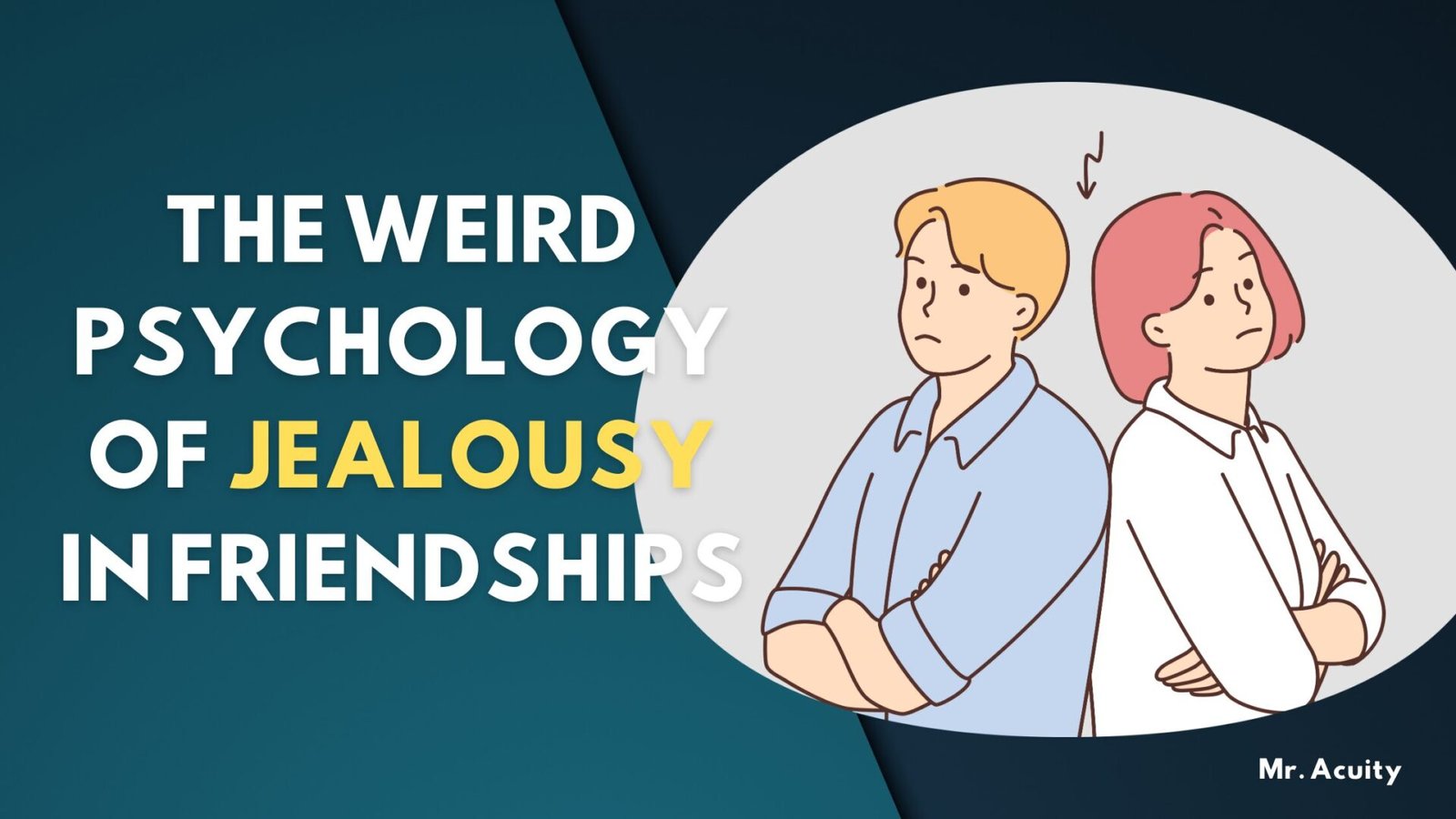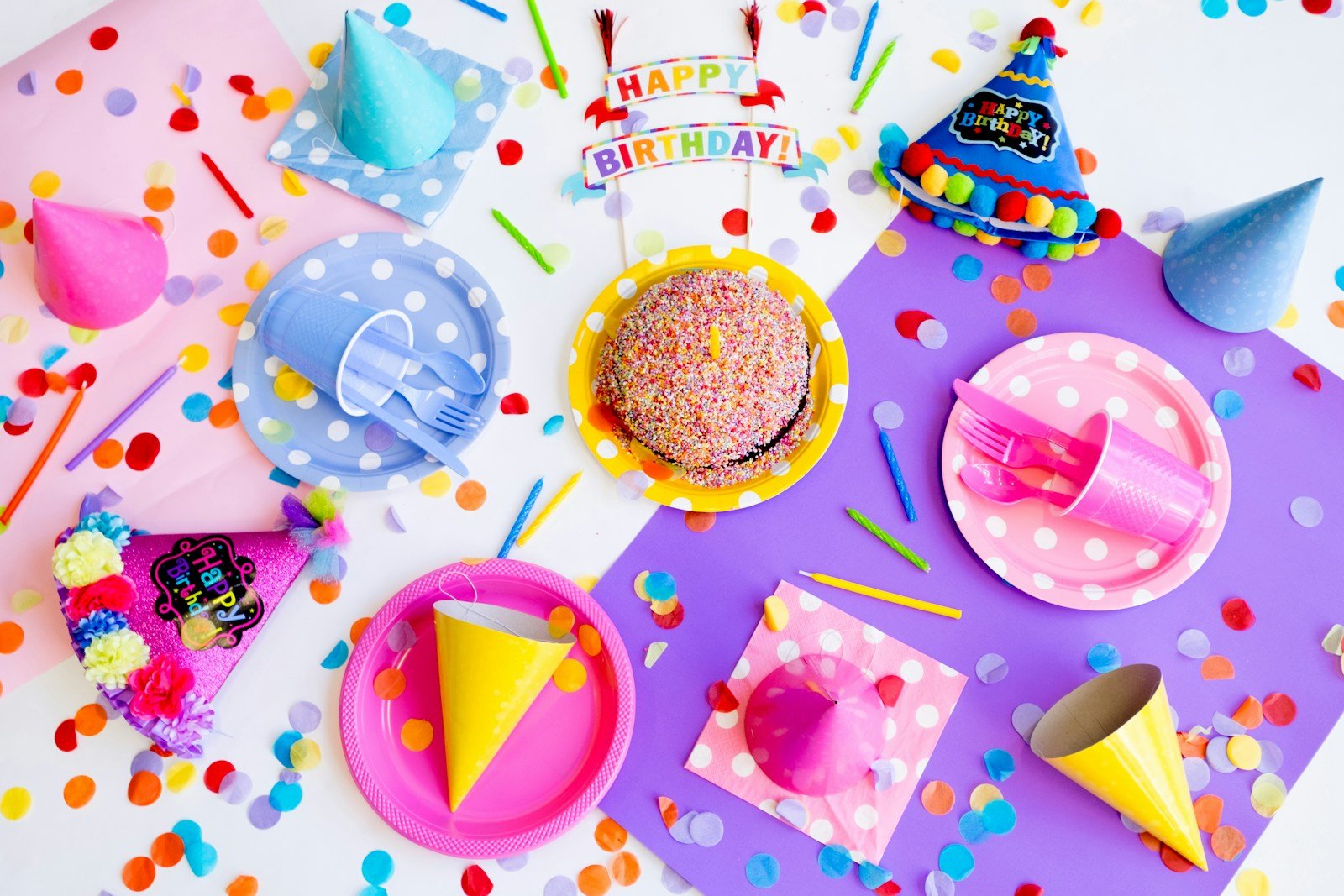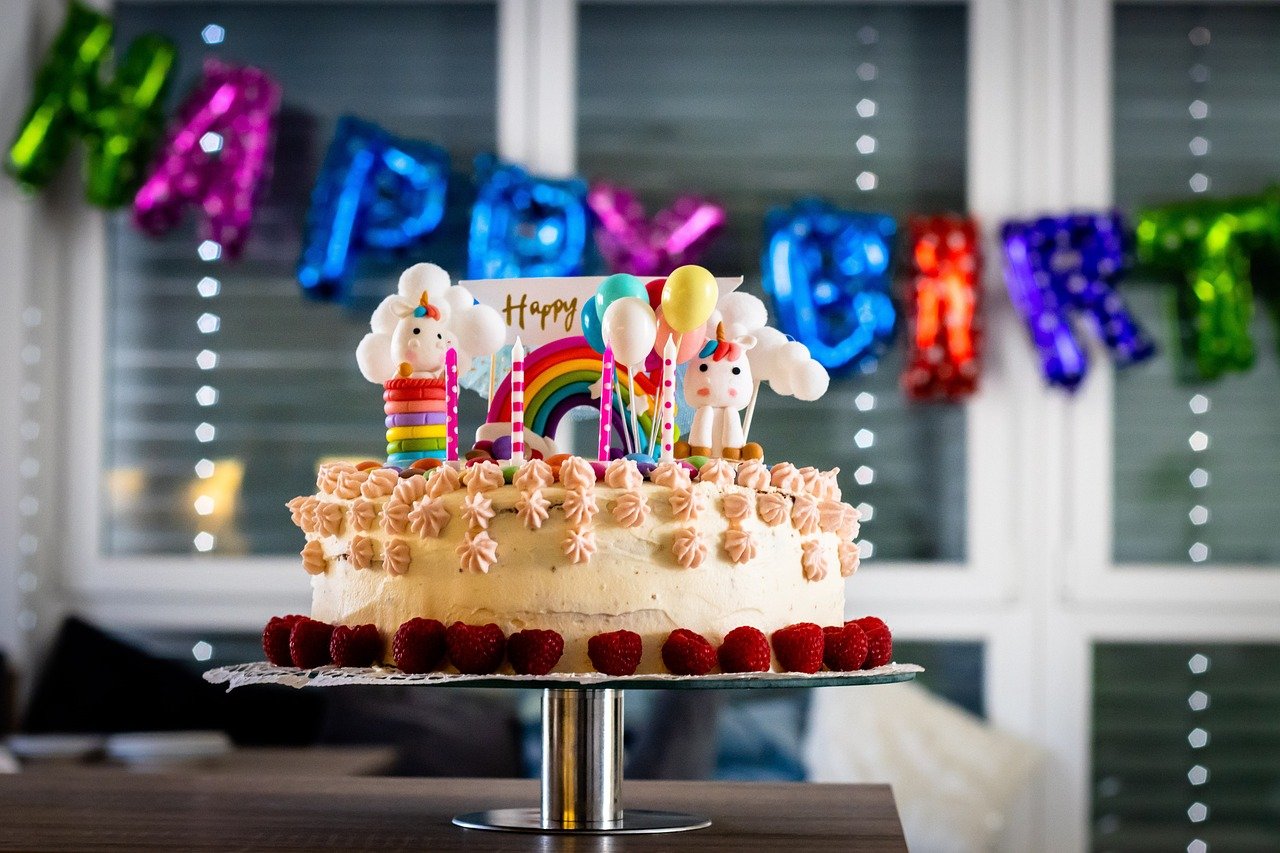
The Weird Psychology of Jealousy in Friendships
Table of Contents
The Weird Psychology of Jealousy in Friendships
Jealousy — it’s usually a word we associate with romantic relationships, but delve a little deeper, and you’ll find it thriving in the soil of friendships too. This emotion, often swept under the rug or dismissed as trivial, holds a curious and sometimes complicated place in the landscape of human connections.
Meet Mia: A Case Study in Friendly Jealousy
Mia is a vibrant and social person, known for her warmth and openness. She values her close-knit circle of friends deeply — but lately, she’s been wrangling with a gnawing sense of jealousy. When her best friend, Sam, recently started spending more time with a new colleague, Mia felt displaced, a dull ache she couldn’t explain at first.
Why would Mia feel jealous when there was no romantic rivalry? Why this strange cocktail of envy, fear, and insecurity within a bond that promised unconditional support?
The Anatomy of Jealousy in Friendships
Jealousy in friendships is often viral yet misunderstood. Psychologists suggest it arises from three core components:
- Threat to the Relationship
Just like romantic jealousy, friendly jealousy stems from a perceived threat. Mia felt her bond with Sam was at risk when a new friend entered the picture. - Fear of Loss or Replacement
The worry isn’t just about another person but about losing what makes the connection special. The fear of being “replaced” can spark irrational thoughts and emotional turmoil. - Low Self-Esteem and Insecurity
Often jealousy signals personal vulnerabilities. Mia’s jealousy reflected her fears about her worthiness rather than Sam’s actions.
Why Is Friendly Jealousy “Weird”?
Unlike romantic jealousy, jealousy in friendships is socially awkward and culturally under-discussed. We expect friends to celebrate each other’s new connections, but emotional honesty around jealousy is rare. The “weirdness” lies in the paradox:
- Friendships celebrate camaraderie and shared happiness but jealousy introduces competition, doubt, and comparison.
- Friendship is voluntary and flexible, yet jealousy can feel binding and controlling.
- Unlike romantic jealousy, there’s no socially accepted script for expressing or resolving jealousy between friends.
This ambiguity often leads to suppressed emotions, hurt feelings, and passive-aggressive behaviors instead of open dialogues.
Envy vs. Jealousy and Attachment Styles
Understanding jealousy requires distinguishing it from envy. While jealousy involves three parties and a perceived threat to a valued relationship, envy is a two-party emotion centered on desire for something someone else has. Mia envied certain traits of the new friend — ease of making connections, for example — but her primary experience was jealousy.
Attachment theory also offers insights. People with anxious attachment styles are prone to jealousy due to heightened fears of abandonment or rejection, even in friendships. Recognizing these patterns can lead to empathy and self-awareness.
What Do We Learn From Jealousy in Friendships?
Jealousy, as “weird” as it feels, serves as an emotional signal system:
- It points to what we value most and where our insecurities lie.
- It urges us to communicate more openly about feelings and boundaries.
- It challenges the idealized notion that friendships are free of rivalry or complexity.
For Mia, confronting her jealousy meant embracing vulnerability, having honest conversations with Sam, and rebuilding trust — not just in her friend but in herself.
Final Thoughts
Friendships, like all human relationships, are messy, nuanced, and deeply emotional. Jealousy might feel uncomfortable or embarrassing, but it’s a natural part of the social psyche deserving both reflection and compassion. By acknowledging and understanding the weird psychology of jealousy, we can cultivate stronger, more authentic connections that honor both our joys and our shadows.
Have you ever felt jealous of a friend? How did you navigate that feeling? Share your stories — because in the honesty of our shared experiences, we find connection and growth.








